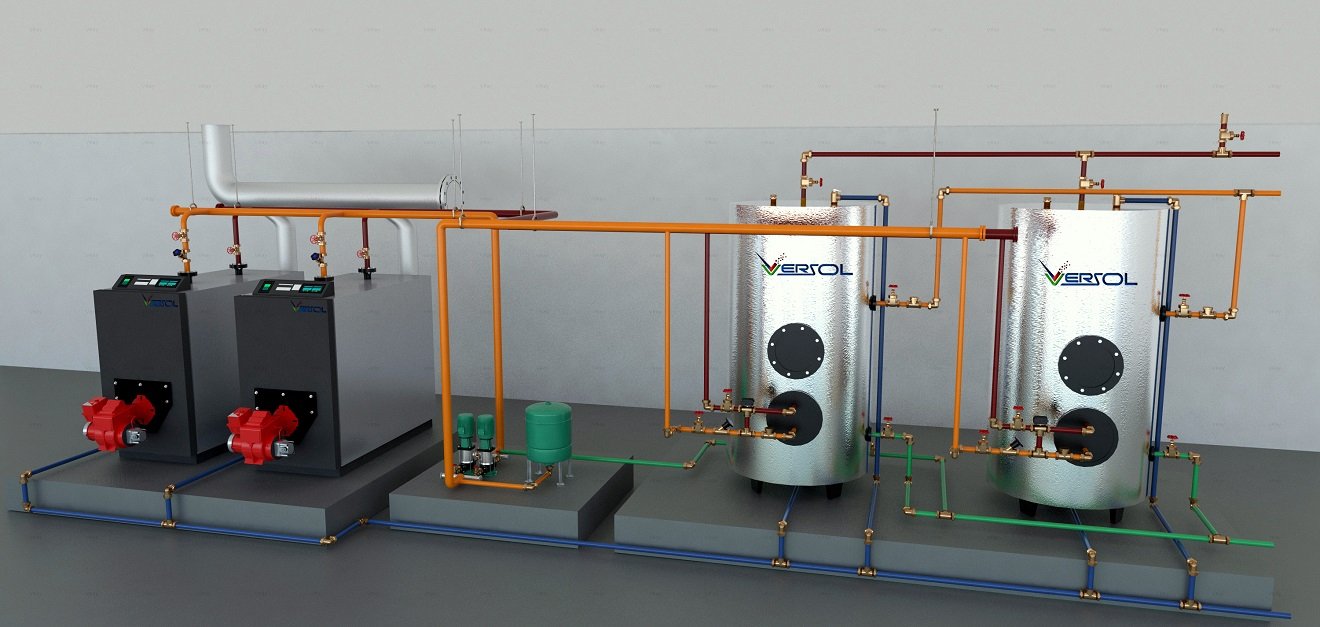There are a number of ways you can generate your own energy at home from low or zero carbon ‘micro generation’ technology. Making your own energy, instead of using mains gas and electricity, will reduce your carbon footprint.
Solar panels
Solar panels harness the power of sunlight to heat your home and hot water. An in-house display will allow you to see when energy is being generated, enabling you to make the most of the free power – for example, by running your washing machine at these times. Any extra energy you generate but don’t use will be sent to the National Grid, which you’ll get paid for. But there are a lot of factors to consider, such as the cost of the installation, and whether your home is in the best position to harness the power of sunlight. Solar thermal panels generate heat. Solar photovoltaics (PV) generate electricity.
Wood-burning stoves
Wood-burning stoves aren’t cheap to install, but the heat a stove generates can mean you don’t have to turn on your central heating. You can use a stove to heat just one room, such as the room you use most. Alternatively, you can get one installed with a ‘back boiler’, which means the heat it creates will heat your whole home.
Heat pumps
Unlike other heating systems that burn fuel to create heat, air source heat pumps and ground source heat pumps use naturally occurring warm air or heat in the ground to create power and heat your home. They will need an electricity source to work, but are said to cost less to run than a traditional heating system.
For any assistance you can contcat usthrou website- www.versolgroup.com or email- mail@versol.pl






 Solar collectors, storage tanks and heat transfer fluids are the three core components in solar water heater applications. The latest developments and advancement of a solar water heater based on the three basic components that may affect the thermal performance of the system. VERSOL reviews the development of various types of solar collectors in solar water heater, including both the non-concentrating collectors (flat plate collector, evacuated tube collector) and the concentrating collectors (parabolic dish reflector, parabolic trough collector). All these are studied in terms of optical optimization, heat loss reduction, heat recuperation enhancement and different sun tracking mechanisms. Among the non-concentrating and concentrating collectors, theparabolic dish reflector collectors show the best overall performance. The use of nanofluids as a heat transfer fluid was also discovered as part of continuous develpoment of VERSOL products. Youcan visit our website for more details.
Solar collectors, storage tanks and heat transfer fluids are the three core components in solar water heater applications. The latest developments and advancement of a solar water heater based on the three basic components that may affect the thermal performance of the system. VERSOL reviews the development of various types of solar collectors in solar water heater, including both the non-concentrating collectors (flat plate collector, evacuated tube collector) and the concentrating collectors (parabolic dish reflector, parabolic trough collector). All these are studied in terms of optical optimization, heat loss reduction, heat recuperation enhancement and different sun tracking mechanisms. Among the non-concentrating and concentrating collectors, theparabolic dish reflector collectors show the best overall performance. The use of nanofluids as a heat transfer fluid was also discovered as part of continuous develpoment of VERSOL products. Youcan visit our website for more details.


